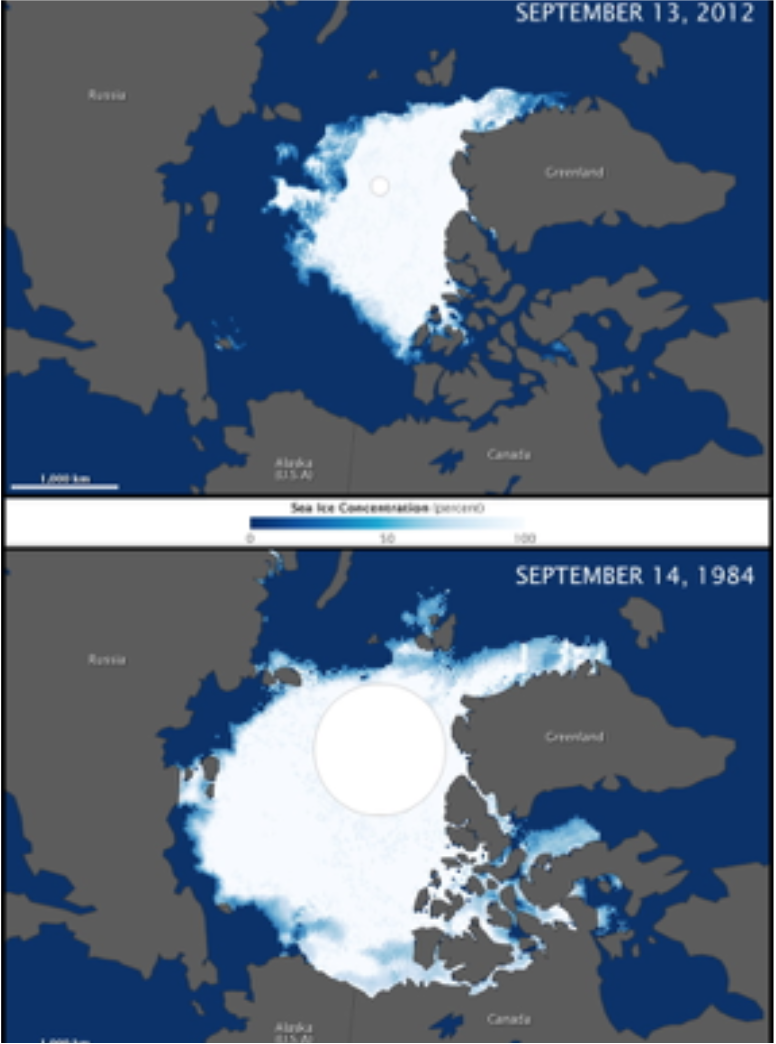The editor’s choice article “Unique Concept in Green Energy” by researcher Abigail Eilar, explores the use of sand batteries for green energy.
OCEAN 61 shares an inside look at some of our Interns this year. We also recommend an unusual article regarding fish falling from the sky and the explanation leaves me unconvinced, my opinion. Living on Cape Cod, the concept of a “Sand Battery” also caught my attention. OCEAN newsletter never has advertising and never will, as it is self-funded, to be shared by our readers and their friends. Thank you to our Associate Editor Catie Urquhart and Research Coordinator Jessica Hillman and thanks to you, our readers for enjoying and sharing our efforts. Safe Harbor is a small, interdisciplinary environmental consulting group, located on Duck Creek Marsh, in Wellfleet on Cape Cod.
Algae Blooms on Cape Cod
Healthy Flour
Deadly Rain in Death Valley
Intern Feature
Editor’s Final Thoughts
OCEAN 61 Articles
New Clam in the Neighborhood
"No Mow" Lawns
Crabs Living in a Time Warp
When Fish Actually Fell out of the Sky
Unique Concept in Green Energy














